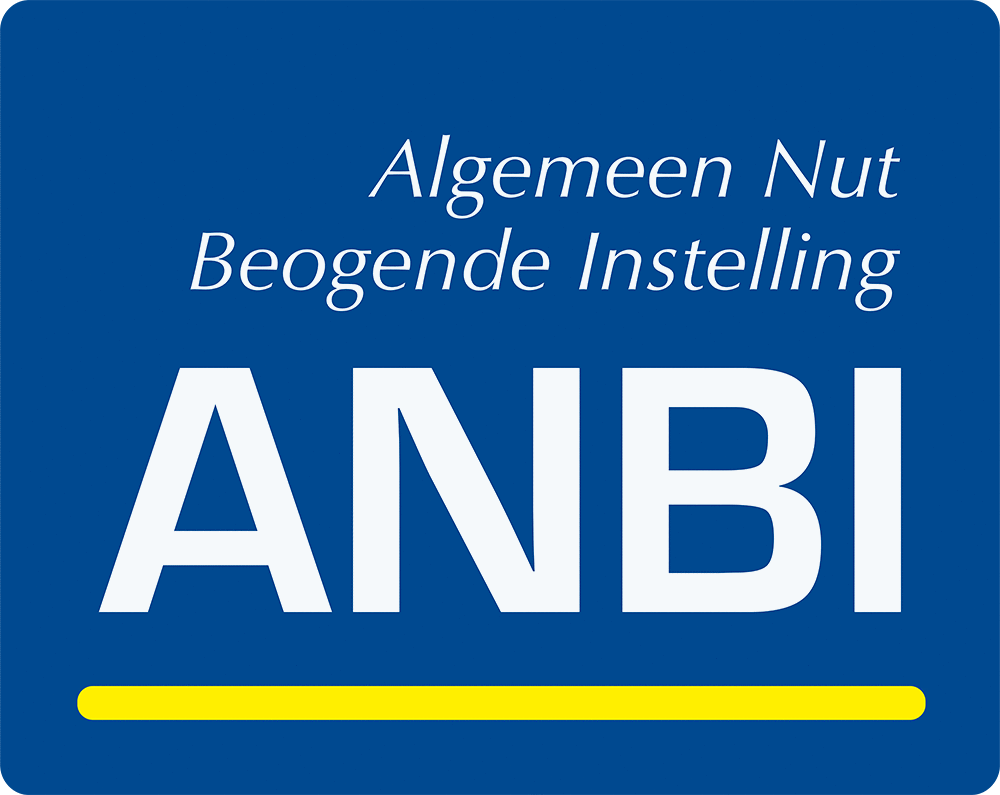Stichting IISG (IISH Foundation)
The collections housed at the IISG are owned by or on loan to the IISG Foundation. This is an independent, private, non-profit foundation established on 25 November 1935. In 1979, the Foundation returned its collections to the KNAW Institute IISG on loan. In turn, the KNAW has since provided the human and material resources to preserve the collections and make them accessible to the public.
The IISH Foundation has an ANBI declaration, which guarantees that the tax authorities recognise the Foundation as an Institution for General Benefit (ANBI). As a result, donations to the Foundation can be deducted from income tax.
Name: International Institute of Social History Foundation
RSIN (formerly Fiscal Number): 0029.61.775
Contact details
IISH Foundation
P.O. Box 2169
1000 CD Amsterdam
Tel 020 66 858 66
Fax 020 66 541 81
E-mail info@iisg.nl
Supervisory Board
The Foundation has a Supervisory Board (BoS) of seven to nine members drawn from the heritage sector, academia and civil society organisations. The RvT and the management perform their duties unremunerated.
Policy plan
Within its objectives, the Foundation strives for the sustainable preservation and accessibility of information in the field of work, industrial relations, and social and emancipatory movements. It does so both by curating archives, publications, audio-visual material, objects and datasets as part of its collection, and by advising and sharing its knowledge.
The Foundation primarily supports collection development through the acquisition of books and journals in the field of social history. It also supports collection development in the regions where the IISH is active: the Netherlands, International Organisations, Asia, Sub Saharan Africa, West Asia/North Africa, Turkey/Kurds and Latin America. The focus of the policy is on underrepresented groups and themes, on unique and rare materials, and on digital and digitised resources.
Besides regular collection development, the Foundation supports projects on digitisation, participatory collecting, processing non-Western collections, processing digital born collections, and advice and knowledge sharing.
Remuneration policy
The activities of the IISH Foundation are performed by staff employed by KNAW-IISH. They are remunerated in accordance with the salary scales of the Collective Labour Agreement of Dutch Universities.
Objective
The objective of the IISH Foundation is described in the articles of association as:
- contributing to social awareness regarding labour, working conditions, industrial relations and social movements in the broadest sense and on a global scale;
- promoting the scientific study of international and national socio-economic history in the broadest sense.



